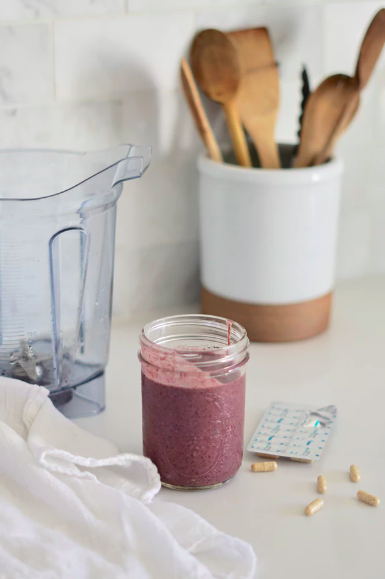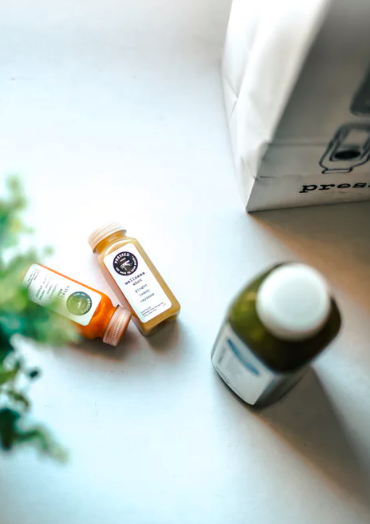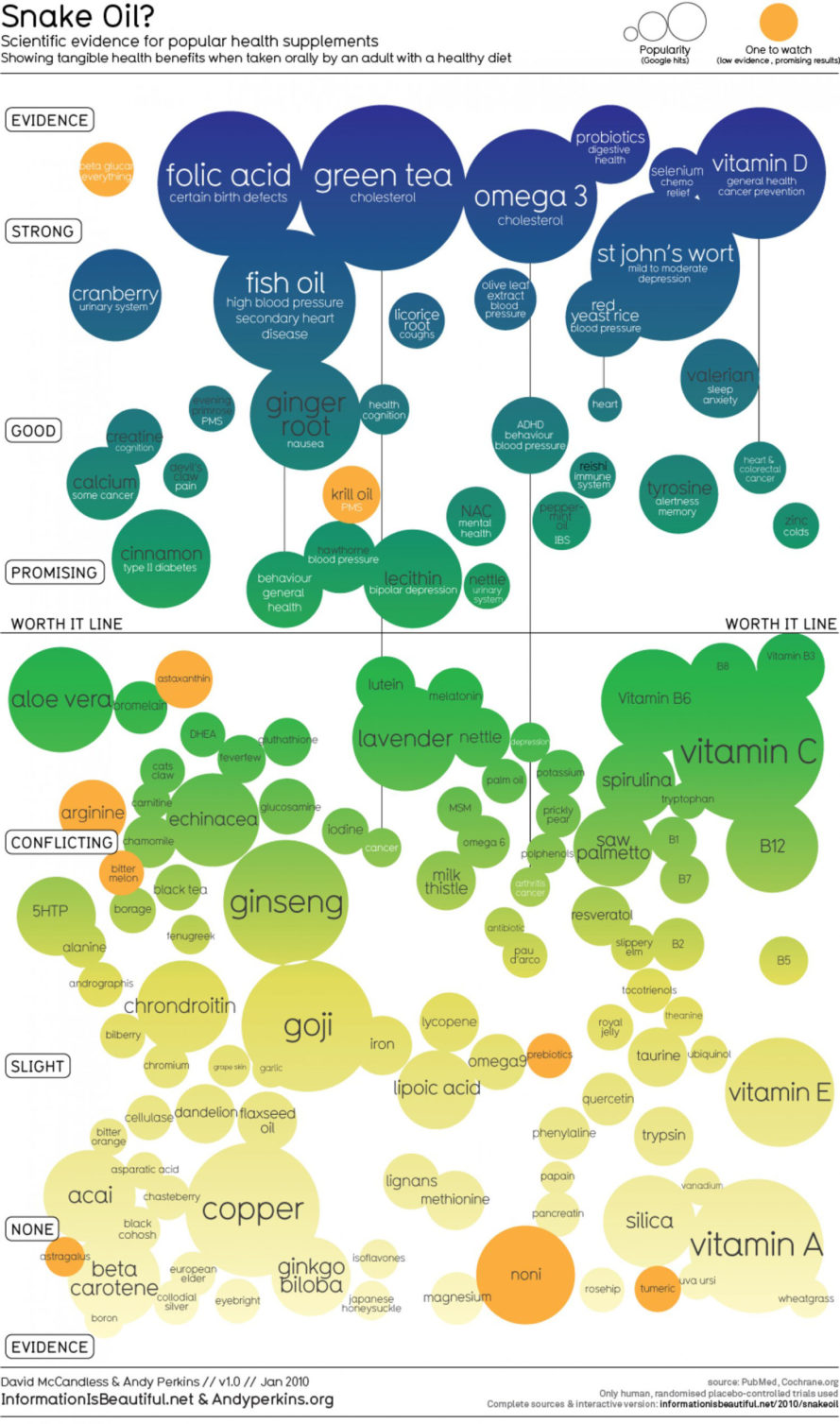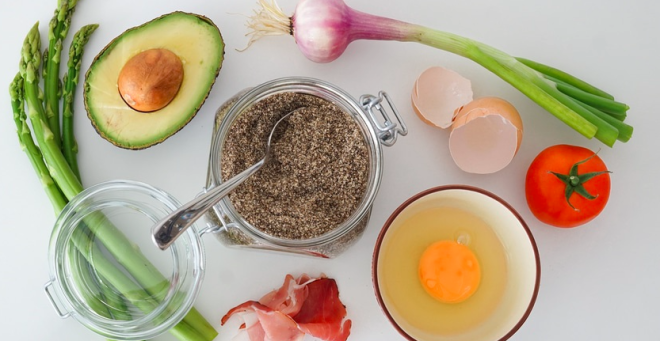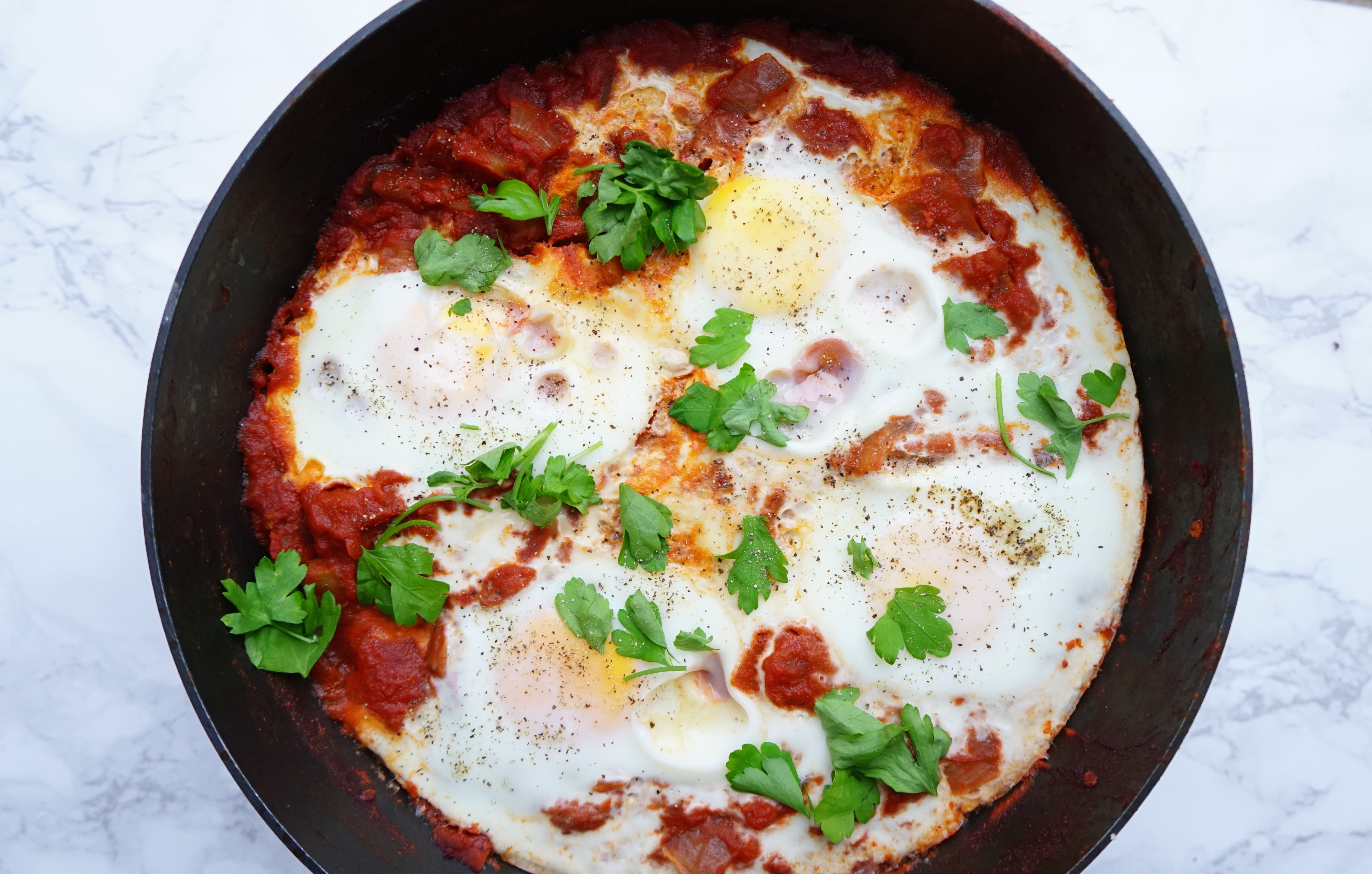Supplements: Helpful or Harmful?
Guest Post by Nia Davies
Nia Elin Davies is a born and bred Londoner, with Welsh and South Korean background. She is a medic from Imperial College London, blogger at www.niafaraway.com , as well as digital influencer and female entrepreneur, having founded her own Personal Care and Wellness Brand – Yūgenial. Her blog looks at the science behind Western approaches to health, and combines Eastern wellness philosophies, teaching us how to take care of ourselves from the inside and out! She also writes about all things business, technology, cosmetics and beauty, escapes and adventures, and lots more, so be sure to check it out!
I’m thrilled to have Nia share her well-informed thoughts on SUPPLEMENTS in this interesting Guest Post…
SUPPLEMENTS: HELPFUL OR HARMFUL? by Nia of niafaraway.com
You only have to scroll through Instagram to witness the numerous tablets, gels and drips being promoted as a quick-fix for a variety of ailments including hair growth, weight loss, muscle gain, detoxing or just general health.
With the constant pressure to look and feel amazing, and ensure you’re #livingyourbestlife, the supplementation industry has exploded on the back of a growing demand for peak performance across the board. In spite of this, the average Western diet leaves little to be desired. It’s no wonder then, that over half of us pop a pill in an attempt to get the nutrition our bodies crave.
Getting nutrients straight from the bottle sounds easy enough, but not all supplements that have been scientifically proven as effective, and it’s definitely not a substitute for a healthy diet! This infographic displays some great examples…
So who NEEDS supplements?
- You’re vegan or veggie: it can be difficult to maintain adequate levels of Vitamin B12, which is mainly found in animal produce. A supplement (or intramuscular injections) is almost always necessary.
- You have heavy periods: iron may be needed to prevent anaemia from blood loss.
- You smoke: tobacco can inhibit absorption of many vitamins and minerals including Vitamin c, folic acid and magnesium.
- You are pregnant: folic acid is necessary for the healthy development of unborn children.
- You drink heavily: excessive alcohol consumption affects the absorption of B vitamins, iron and magnesium.
- You have limited exposure to the sun: in a recent report, the scientific advisory committee on nutrition concluded that all adults require 10 micrograms of vitamin D in the UK – an amount almost impossible to get from our diet and weather alone.
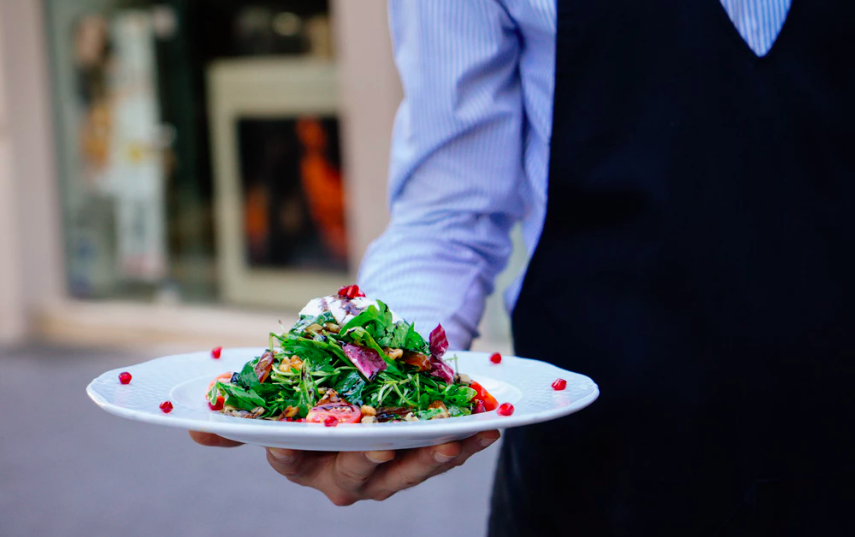
Some Tips for staying safe when it comes to supplementation
- The RDA: never take more than the recommended daily allowance. Excess amounts of fat soluble vitamins (Vitamins A & D in particular) which are stored in the body, have more potential to cause toxicity than water soluble vitamins such as Vitamin C, which pass out in the urine.
- Avoid Vitamin A during pregnancy: supplements such as fish liver oil with high vitamin A (and foods such as liver and pate) should be avoided as they could harm foetal development.
- Be careful with beta carotene: taking more than the RDA of this can change your skin colour and has been found to be linked to an increased risk of lung cancer and heart disease (20% increase).
- Beware of interactions with medication: supplements like St Johns Wart can affect the breakdown of certain medications, so always consult with your doctor before adding anything into your daily routine.
Variety is the spice of life and nutrients are no exception! The source of these nutrients is of equal importance and wholesome, unprocessed foods provide a synergistic context for these nutrients, that remains unrivalled by manufactured pills for healthy individuals.
Here are some of the best foods to find these natural nutrients:
CALCIUM – milk, yoghurt, sardines, tofu
FOLIC ACID – spinach, lentils, beef liver
IRON – chicken liver, turkey, oysters
OMEGA 3 – salmon, sardines, flax seed
FATTY ACIDS – walnuts, soya beans
VITAMIN A – sweet potato, spinach, carrots, cantaloupe melon, tomatoes
VITAMIN B6 – chickpeas, salmon, chicken breast
VITAMIN B12 – chicken, trout, salmon
VITAMIN D – salmon, tuna, egg yolks, yoghurt
VITAMIN E – wheat germ oil, almonds, sunflower seeds, peanut butter
A quick fix is never the best answer for your body when it comes to health. The best way to decide whether the benefits outweigh the risks when taking any pill, is to be judicious and analyse the results of well-designed studies – which you can find on sites such as PubMed, in medical journals, or credible magazines such as New Scientist.
Always consult a qualified doctor if you have pre-existing health problems and are already on medication before taking any new supplement.
GREAT ADVICE FROM NIA ( follow her on Instagram: @niafaraway )! WE’LL BE DOING LOTS MORE TOGETHER! xx
Leave a Response
You must be logged in to post a comment.


